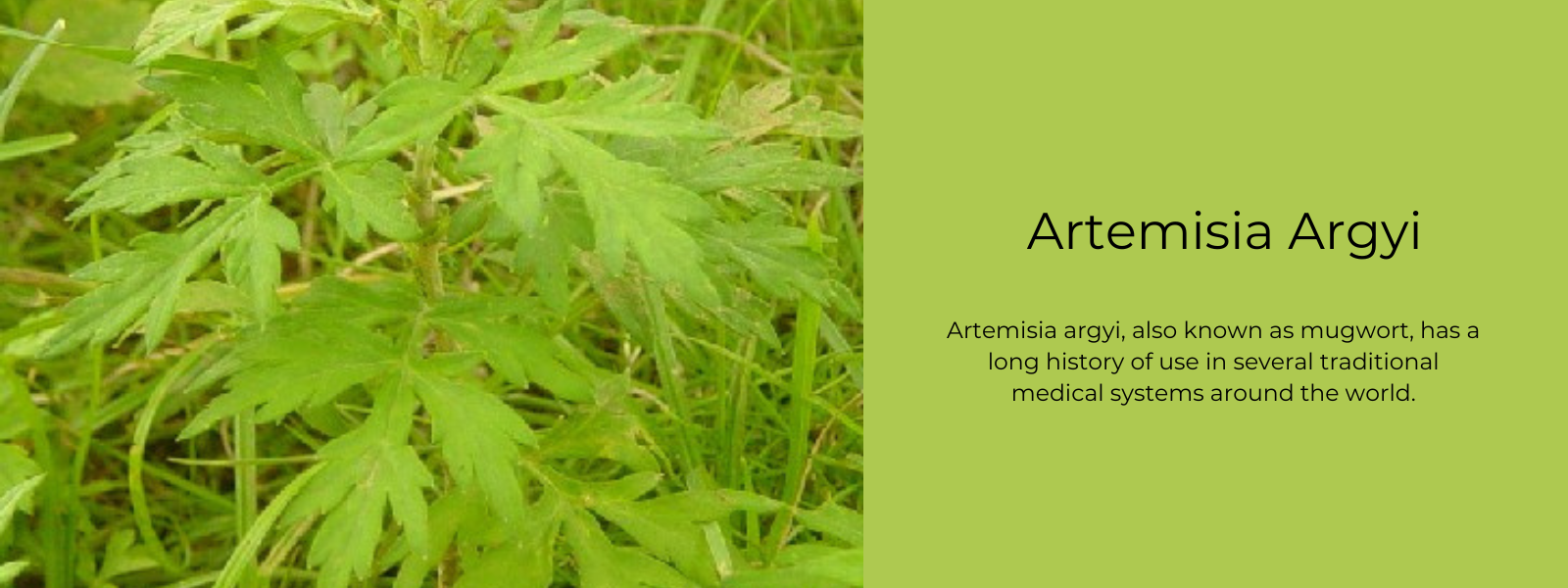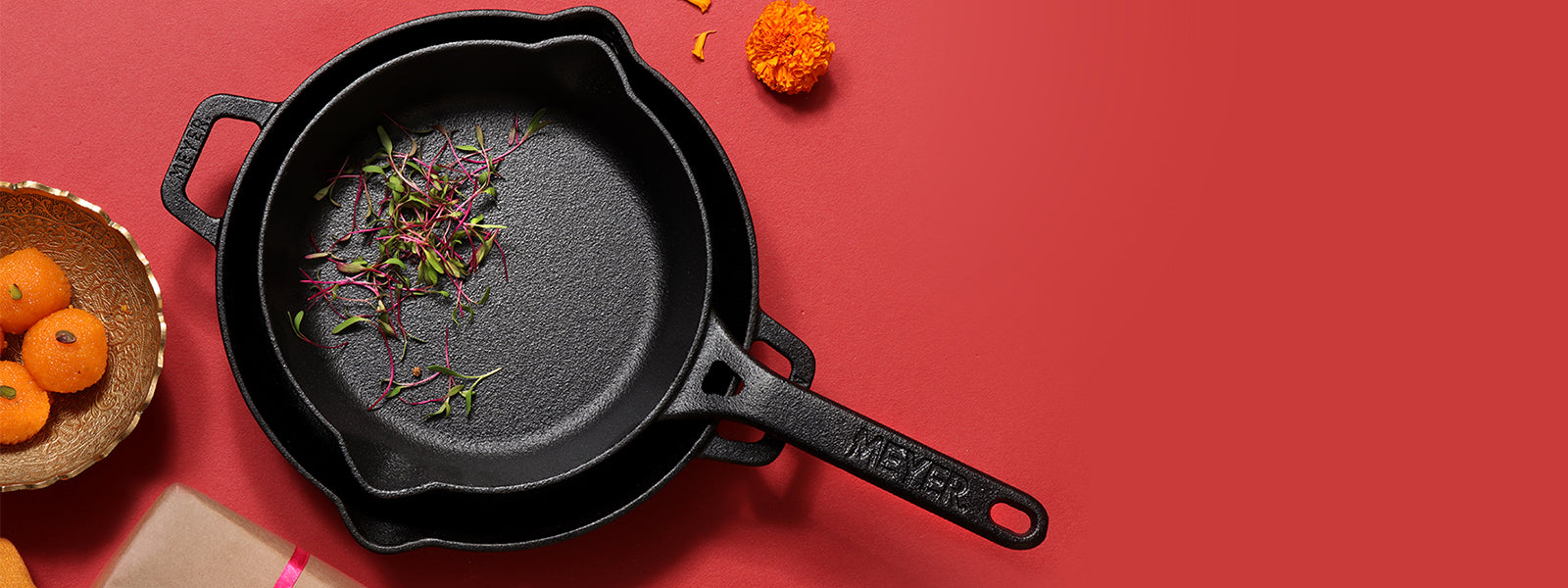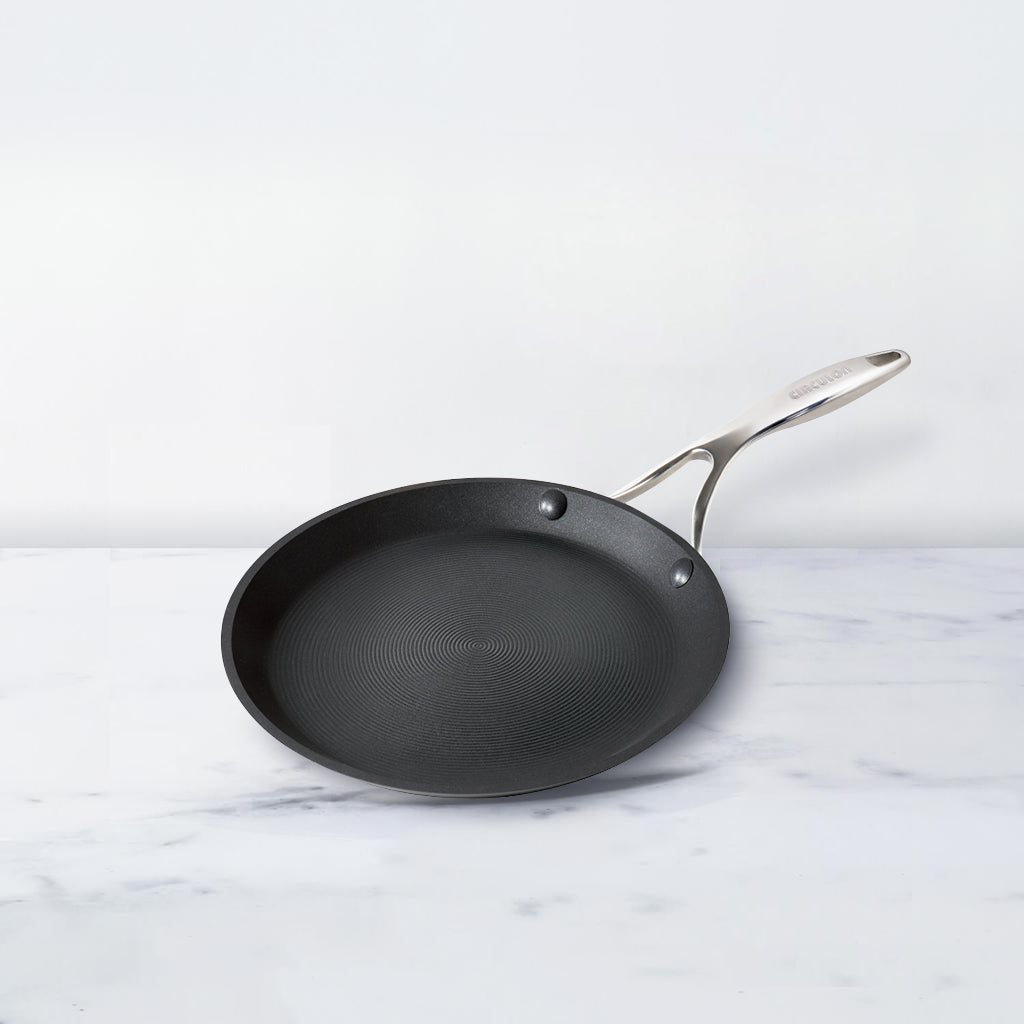Thyme is one of the most widely used herbs in the world and is adored by both cooks and gardeners due to its mild, herbaceous flavour and simplicity of cultivation. Thyme is grown and used in cooking all across the world, from the Mediterranean to the Caribbean, and is prized for both its wide range of culinary applications and herbal health advantages.
Table of Contents
What is thyme?
Thyme, also known by its scientific name Thymus vulgaris, is a member of the mint family and a close relative of the oregano genus Origanum. Is thyme a spice or a herb? is a common question regarding a condiment. It is an evergreen herb that is used in food, medicine, and ornamentation.
Etymology of the word thyme:
The Greek word "thumus," which meaning "courage," is the source of the English word "thyme." Thyme has long been used as a natural anti-depressant and has been associated with bravery.
Other names of thyme:
Thyme is also known as "thym" in French, "thymian" in German, "tomillo" in Spanish, and "timi" in Indonesia. It is often measured in sprigs, which can yield up to a half-teaspoon of leaves when peeled. Of course, the size of the stems will again play a role in this.
What is dried thyme?
The herb dried thyme is frequently used to season meats, marinades, and almost any other cuisine. Although in varying amounts, fresh and dried thyme can typically be used interchangeably. Fresh sprigs of thyme can be used to make dried thyme. Additionally, it is generally accessible at grocers and specialist spice shops.
Thyme is a common ingredient in many dishes from Europe and North Africa. The Mediterranean region, from Spain to Greece and from Morocco to Tunisia, is home to this herb. In these hotter climates, thyme normally has a lengthy growing season, but it is not perennial. Thyme can be dried in the summer and kept and stored for the winter, allowing for year-round use in cooking.
In most circumstances, cooks can use dried thyme in place of fresh thyme in recipes. The flavour of the thyme is likely to be extremely intense if it has only recently been dried. However, because it is smaller when dried, differing proportions of the herb may be present in equal amounts of both fresh and dried thyme. Cooks often use half as much dried thyme as they would fresh thyme. Thyme that was dried years ago or that has been kept on the shelf for a long time may require adjustments because the flavour is softer with time.
Culinary usage of dried thyme:
Thyme's aroma and flavour improve the food it is used in, giving it a delicate flavour that is difficult to achieve with other herbs. The plant must, however, be utilised appropriately in order to maximise its benefits.
- The plant pairs well with vegetables and fish and has a flavour that is somewhat acidic, similar to a very mild lemon. Many chefs use it for stuffing as well as on meats and poultry. But occasionally, especially if it is cooked for an excessively long time, this might make it lose flavour.
- To give soups like lentil and split pea a distinctive flavour, dried thyme should be added just before serving. Simply stir in the herb, then immediately turn off the heat. When you're ready to serve, the soup will smell lovely if you keep the dish covered.
- When cooked properly, thyme can help poultry dishes retain their mild flavour. The addition of dried leaves, such as those in our DIY chicken dry rub, will give chicken baked or roasted a flavour and scent that everyone will adore. For optimal results, combine some lemon juice with the leaves and use this mixture to baste the chicken.
- Add a few pinches of dried thyme to the flour when making bread to create a herb-flavoured loaf that pairs well with butter. When making garlic bread, mix some fresh, crushed leaves into the butter and sprinkle it on the bread before baking.
- Herbs and pasta go well together. Add a small amount of dried leaves to your favourite spaghetti sauce to make it even better.
Health benefits of dried thyme:
- Promotes vision
This aromatic plant enhances vision and reduces the incidence of age-related macular degeneration, glaucoma, and cataracts because it is naturally high in vitamin A, an antioxidant. Additionally, it has a plethora of phenolic substances that shield ocular cells and mucous membranes from oxidative damage.
- Blood Pressure Control
Potassium, a crucial mineral that is an integral part of body and cell fluids, is abundant in thyme. It assists in controlling heart rate and keeping blood pressure within normal ranges. Drinking a cool cup of thyme tea will lower blood pressure and enhance blood circulation in hypertensive people.
- Treats Flu and a Cough
Thyme tea is a tried-and-true treatment for the common cold and cough thanks to its antiseptic and antimicrobial properties. Additionally, the essential oil has potent antibacterial qualities that are mostly used to treat bronchitis and sore throats. Thyme oil's carvacrol concentration contributes to its ability to soothe sore throats.
- Strengthens Bones
Thyme is a remarkable source of iron, calcium, manganese, and vitamin K, all of which are essential for bone health and development. Thus, include thyme in your diet helps you keep stronger bones and reduces your chance of bone fractures as you age.
- Improves heart health
Thyme's potent anti-inflammatory and antioxidant characteristics aid in lowering inflammation, which is the primary contributor to cardiac problems. Thyme oil's phytonutrient-rich benefits for the heart include better cardiac valve performance, dilated veins and arteries, and strengthened heart muscles.
- Strengthens immunity
It might be challenging to meet the body's requirements for vital vitamins. To strengthen your immune system, include this fragrant plant that is packed with iron, selenium, manganese, vitamin A, C, and B complex. Regular thyme tea use improves general health by bolstering defence mechanisms.











Leave a comment